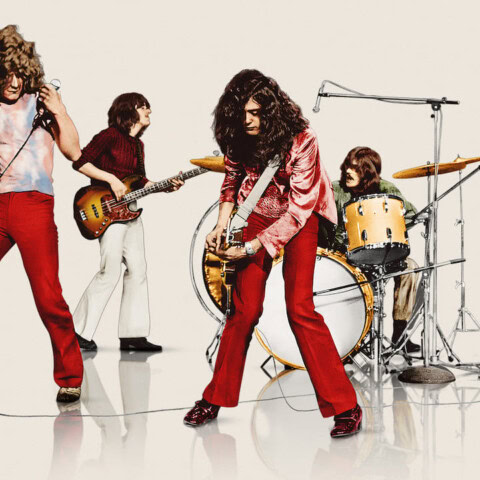Cinema attendance is at an all-time low, and PAT PILCHER reckons he knows why.
 Choosing which movie to spend my hard-earned cash on is becoming an exercise in heart-break. An ugly accountancy mentality has crept into the film industry, and seems to be rotting it from within.
Choosing which movie to spend my hard-earned cash on is becoming an exercise in heart-break. An ugly accountancy mentality has crept into the film industry, and seems to be rotting it from within.
Nowadays, original well-crafted stories are almost extinct. This is thanks to big budget franchise titles aimed at the shallow end of the gene-pool.
That a movie can be a franchise should have set off alarm bells in the minds of many. I always thought of franchises as junkfood outlets. Now it appears we’re living an era of junk movies instead.
The reality is that franchise movies get called so because they provide a platform for an endless stream of dire unoriginal remakes, reboots, sequels and prequels. Prominent in the minds of movie moguls are the vast amounts of cash earned from franchise movie merchandise. Look at the amount of plastic crap spawned by one of Hollywood’s biggest box office money makers – Star Wars.
The dumbed down nature of the industry is insidious. Studio press release headlines tout production budgets that rival the GDP of developing nations. This is often taken by reviewers as a measure of how good the movie is.
 Lots of CGI and big name actors rarely makes up for the lack of actual story telling. An example of this is the Terminator franchise. There’s no disputing they’re a visual spectacle. Unfortunately, the plots of successive Terminator movies got sillier as spend on production and CGI effects grew. The most recent movie must have had its screenplay written in Crayola, and is aimed at what Hollywood studio execs could only have assumed to be a cinema full of idiots.
Lots of CGI and big name actors rarely makes up for the lack of actual story telling. An example of this is the Terminator franchise. There’s no disputing they’re a visual spectacle. Unfortunately, the plots of successive Terminator movies got sillier as spend on production and CGI effects grew. The most recent movie must have had its screenplay written in Crayola, and is aimed at what Hollywood studio execs could only have assumed to be a cinema full of idiots.
The funny thing is though that most movie goers are anything but silly. Most have access to a huge array of original content from services such as Netflix. Many are also turning their backs on Hollywood. In the US, industry stats show that the number of people who went to see a movie in 2014 slumped to a 20-year low.
It turns out that less than 10 percent of the US population averages going to the movies weekly. This is a stark contrast to cinema attendance back the 1930s, when 65 percent of the US population went to the movies weekly. Back then, 3 out of every 5 people went to the movies weekly.

Cinema ticket prices are often attributed as being the reason for this. It’s not an unreasonable assumption. Coughing up $20 a head to sit in a darkened room with a bunch of other noisy people and their constantly ringing phones to watch the latest superhero drivel on a tea-towel sized screen isn’t economically viable. It isn’t all that rewarding either. Then there’s the extortionate cost of underwhelming popcorn and watery coke.
Almost as significant is the technological angle. Most of us have big screen TVs. We also have home cinema systems and we subscribe to streaming services. Netflix is also a prolific producer of original content.
That said, according to market researchers Neilsen, 84 percent of New Zealanders aged 10 or older spent 23 hours a week watching broadcast TV a week last year.
It isn’t only TV. Neilsen’s latest Multi-Screen Report found that 26 percent of New Zealanders watch content on devices other than the TV. The biggest boob tube substitutes are desktops/laptops (39 percent), smartphones (27 percent) and tablets (18 percent). According to the report, mobile phones and Smart TVs were the fastest growing viewing platforms.
These reasons aside, TV is often a better bet than cinema nowadays. Even though TV networks seem hell-bent on airing mindless reality TV, the small screen is now where innovation happens. The film industry was the arbiter of high-end big budget entertainment. Sophisticated production methods plus a willingness by TV networks to experiment has seen TV supplant cinema to become the innovator. Instead of braving the weather to go to the movies and get treated like an ATM, many are choosing the comfort of our homes instead. Could it also be that crafting engaging and entertaining content with coherent plots that don’t treat viewers like idiots on a fairground ride equates to greater viewer loyalty? PAT PILCHER














